Fellow Nurses Africa | Lagos, Nigeria | 02 September 2025
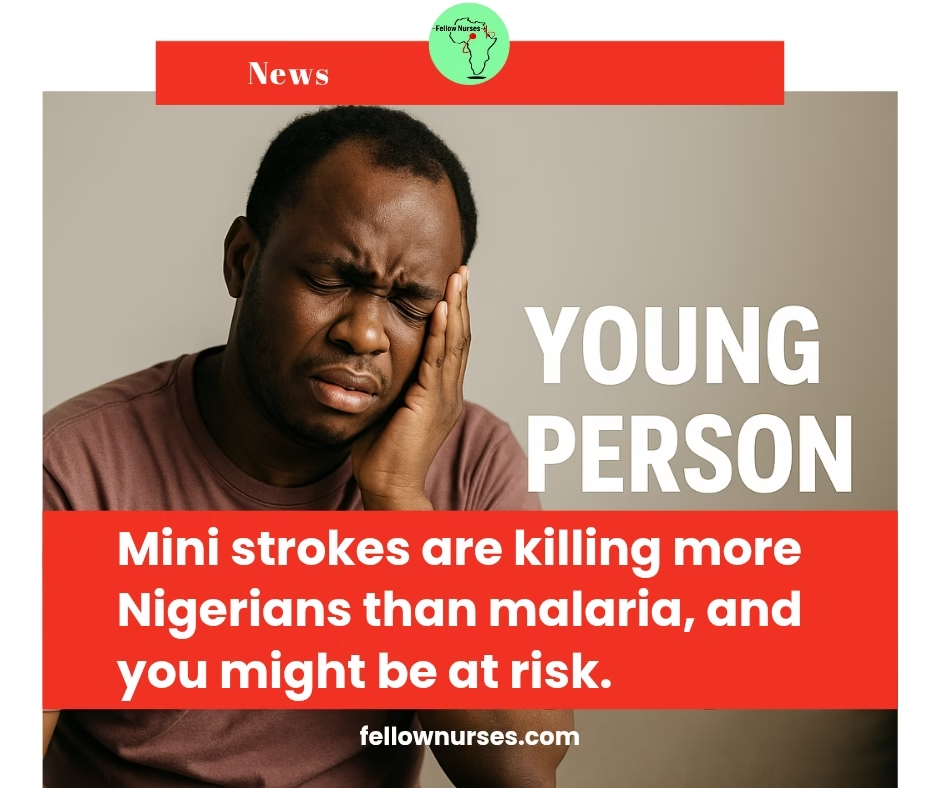
When 38-year-old, a successful Abuja contractor, experienced sudden blurred vision during a client meeting, he attributed it to “stress and lack of sleep.” The symptoms disappeared within 20 minutes, so he continued her busy schedule. Three weeks later, he collapsed during his daughter’s graduation ceremony.
This story represents a devastating trend that Nigerian medical experts say is claiming lives at an alarming rate across the country.
The Silent Epidemic Killing Young Nigerians
The prevalence of stroke in Nigeria is “higher than 1,000 per 100,000 Nigerians,” potentially reaching as high as 1,200 per 100,000, according to Professor Imarhiagbe, a leading neurologist. This makes stroke more deadly than many diseases we fear more.
In Nigeria, mortality rates from stroke are very high with a range of 21%–45%, with most patients dying within the acute phase, according to recent medical studies. Yet the tragedy is that many of these deaths could be prevented if people understood what their bodies were telling them.
According to medical experts at major Nigerian hospitals, there’s a growing epidemic of young professionals in Lagos, Abuja, and Port Harcourt having strokes in their 30s and 40s, with many dismissing warning signs as ‘work stress’ or routine fatigue.
The 48-Hour Death Window Most Nigerians Don’t Know About
Transient Ischemic Attack (TIA) what doctors call “mini-strokes” are nature’s final warning before a devastating full stroke. In Africa, stroke has a 3-year fatality rate greater than 80%, with many Africans having strokes within the fourth to sixth decades of life.
Professor Adesola Ogunniyi, a consultant physician and neurologist at the University College Hospital (UCH), Ibadan, has noted that stroke remains the number one cause of hospital admission at UCH and the second leading cause of death globally. Nigerian medical experts emphasize that when patients arrive at major teaching hospitals after ignoring TIA symptoms, they often present within that critical 48-72 hour window when a major stroke occurs, and by then the damage is usually irreversible.
The cruel irony? Because TIA symptoms disappear quickly, patients feel relieved rather than alarmed. This false security is costing Nigerian families everything.
Why Nigerian Healthcare System Isn’t Prepared
Only 5 out of 58 Nigerian hospitals have dedicated stroke units, making early intervention nearly impossible for most patients. Few trained neurologists in Nigeria are mostly concentrated in the cities, making non-specialists the backbone of acute stroke management.
Medical experts from major Nigerian teaching hospitals report that patients often travel from northern and southern states to Lagos or Abuja seeking specialized stroke care, but the golden hours for intervention are frequently lost to travel time and initial misdiagnosis at local healthcare facilities.
The Warning Signs You Not to Ignore
Below are identified specific patterns in local stroke cases:
Sudden blurred or double vision – Often dismissed as “too much phone screen time” or “eye problem that will clear”
One-sided weakness – Commonly attributed to “sleeping in wrong position” or “body ache from work”
Slurred speech or confusion – Frequently blamed on “tiredness” or “thinking too much”
Sudden severe headache – Usually dismissed as “migraine” or “high blood pressure small thing”
Loss of balance or coordination – Often considered “dizziness from not eating” or “low blood sugar”
“Nigerian patients have a dangerous habit of spiritualizing medical emergencies,they pray about stroke symptoms instead of rushing to hospital. Prayer is important, but God also gave us medical knowledge.”
The Young Professional’s Death Trap
The stereotype that strokes only affect the elderly is killing young Nigerians. Recent data shows increasing stroke rates among Nigerians aged 30-50, particularly in urban areas like Lagos, Abuja, and Port Harcourt.
“I’ve treated bank executives, oil company staff, and tech entrepreneurs who thought they were ‘too young’ for stroke,” says Dr. Olumide Ojo from Lagos Executive Cardiovascular Centre. “High-pressure jobs, poor diet, smoking, and untreated hypertension don’t care about your age.”
Risk factors particularly affecting young Nigerians include:
- High sodium diet (excessive consumption of maggi, salt, processed foods)
- Sedentary lifestyle despite gym memberships
- Uncontrolled high blood pressure from work stress
- Smoking and excessive alcohol consumption
- Diabetes from refined carbohydrates and sugary drinks
The Economic Devastation Nigerian Families Can’t Afford
Beyond the human cost, stroke financially destroys Nigerian families. With limited health insurance coverage and expensive private medical care, a single stroke can consume life savings and force families into debt.
A stroke patient requiring intensive care at a private hospital in Lagos can cost the family ₦500,000 to ₦2 million monthly, and many of these families exhaust their resources within three months.
The broader economic impact is staggering: productive young adults become dependent on families, children drop out of school to care for stroke-affected parents, and breadwinners become financial burdens overnight.
What Should You to Do Right Now
If you experience ANY sudden neurological symptom, immediately:
- Call someone to drive you to the nearest hospital – Don’t drive yourself
- Go to facilities with CT scan capability – LUTH Lagos, UCH Ibadan, ABUTH Zaria, UNTH Enugu, or major private hospitals
- Don’t wait to see if symptoms return – The absence of symptoms doesn’t mean safety
- Don’t pray it away first – Seek medical attention immediately, then continue praying
- Don’t rely on chemist or patent medicine – This is a medical emergency requiring hospital care
“Time is brain,” emphasizes Dr. Monsurat Oladimeji from Lagos State University Teaching Hospital. “Every minute you delay treatment, more brain cells die. There’s no herbal remedy or prayer that can restore dead brain tissue.”
The Prevention Strategy That Could Save Your Life
Most strokes are preventable through lifestyle changes tailored to local realities:
Dietary modifications:
- Reduce maggi, salt, and processed foods
- Increase fruits and vegetables (watermelon, cucumber, spinach, carrots)
- Choose brown rice over white rice
- Limit sugary drinks and excessive alcohol
Regular exercise:
- 30 minutes of brisk walking 5 times weekly
- Use stairs instead of elevators when possible
- Park farther from your destination
- Join local fitness groups or sports clubs
Medical monitoring:
- Check blood pressure monthly at pharmacies or hospitals
- Annual medical checkups for those over 30
- Diabetic screening, especially if family history exists
- Don’t ignore “small” symptoms
The Message Nigerian Families Need to Hear
“Stop saying ‘It’s nothing’ when your body gives you warning signs!That dizziness, that temporary weakness, that brief confusion, these are your brain’s way of crying for help.”
In the fight against stroke, there are no second chances. That blurred vision, that moment of weakness, that brief confusion, treat them as the medical emergencies they are. Your life, your family’s future, and your financial security depend on it.
If you experience sudden neurological symptoms, immediately go to the nearest hospital with CT scan facilities. Don’t wait. Don’t pray first. Don’t try herbal remedies. Your brain is dying, and only immediate medical intervention can save it.
Emergency Stroke Centers in Nigeria:
- Lagos: LUTH, LASUTH, Lagos Executive Cardiovascular Centre
- Abuja: National Hospital, University of Abuja Teaching Hospital
- Ibadan: UCH Ibadan
- Kano: Aminu Kano Teaching Hospital
- Port Harcourt: University of Port Harcourt Teaching Hospital
Fellow Nurses Africa is the independent voice of African nurses. We educate, inform and support the nursing profession.

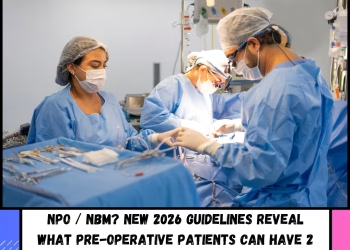
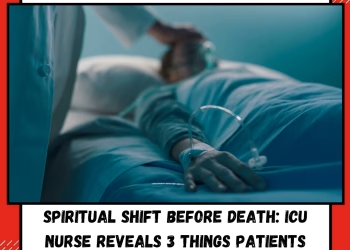
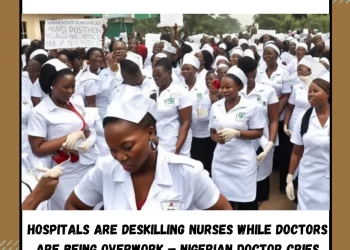

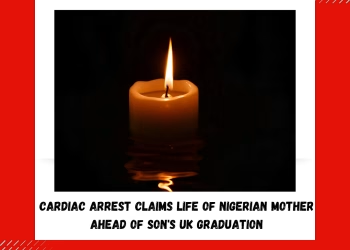


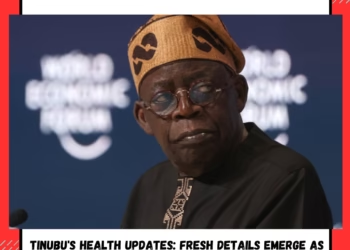


Thanks for the information